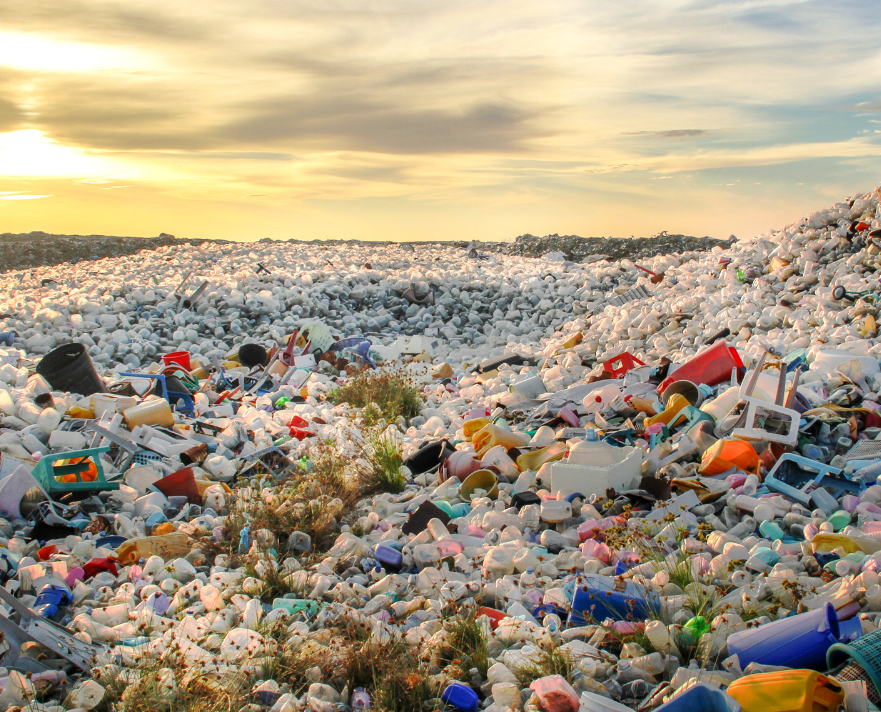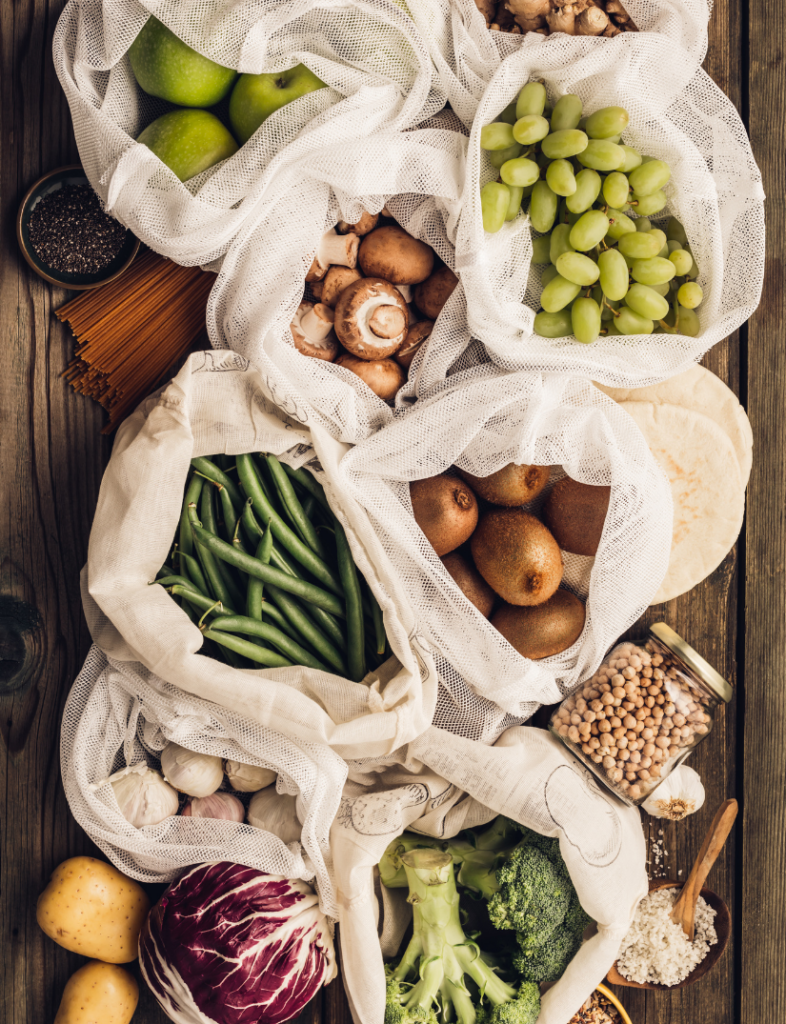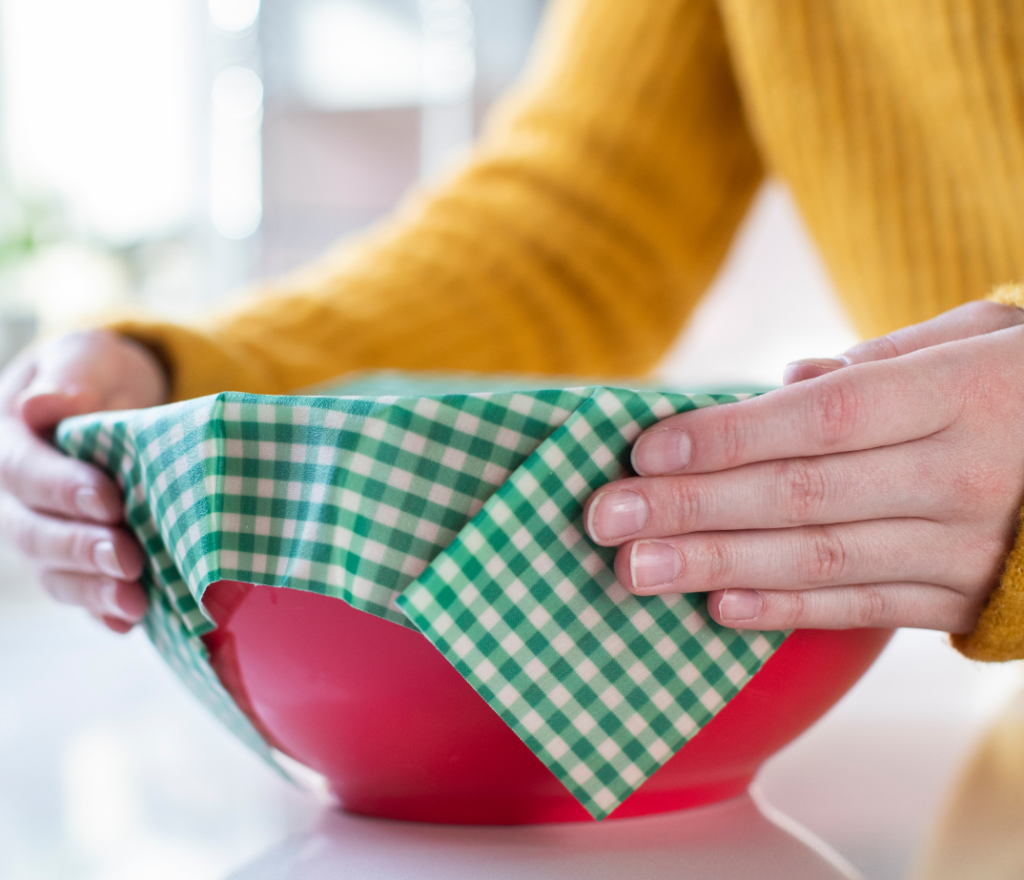by Sister Bea Hernandez

Single-use plastic is everywhere! Whether in our oceans, piling up on our coastlines, or contributing to our climate crisis, plastic pollution never completely biodegrades, according to the National Resources Defense Council. Not only are plastic particles estimated to kill millions of marine animals and seabirds each year, but they are contaminating the seafood we eat every day. Not to mention, many things we buy in the grocery store are packaged in plastic—from milk to yogurt to eggs.
This spring Sister Sylvia and I discussed what we could do to lessen our use of plastic in our daily lives. Our new plastic-free practices really took off, ranging from reusable produce bags and cardboard egg cartons to reusable beeswax wraps for leftovers. We constantly look for sustainable “swaps” at the grocery store and in our kitchen to remove plastic from our lives.
One of the first things we did is purchase reusable produce bags online. No more putting wet produce, such as lettuce, into small plastic bags to prevent water from soaking our other purchases. Our new produce bags are made from recycled plastics and can be used, washed, and reused. This product helps to reduce plastic waste in landfills as well as prevent the extraction and production of new plastic. It also incentivizes producers of plastic products to convert to the use of recycled plastics in reusable products, thus encouraging recycling.
We now buy eggs packaged in cardboard cartons. These cartons are made from recycled paper and are reprocessed to create new products. We also buy bread from our grocery bakery packaged in paper rather than plastic.


Another addition to our kitchen is reusable beeswax wraps that can be used instead of plastic wrap to preserve leftovers. Beeswax wraps are made from completely natural materials and can be washed in cold water, air-dried, and reused. We also discovered zip-lock baggies that are made totally from plant fibers and plant resins. They are compostable and can be used to freeze as well as refrigerate food items.
As we continue this journey of discovery of new ways of eliminating plastic from our lives, we realize that there is much more to do. However, we are heartened to know that we are joining our simple efforts to the efforts of so many others, thereby making an impact on our world. It is our intention to make these plastic-free changes a permanent part of our lives. We encourage you to do the same!

